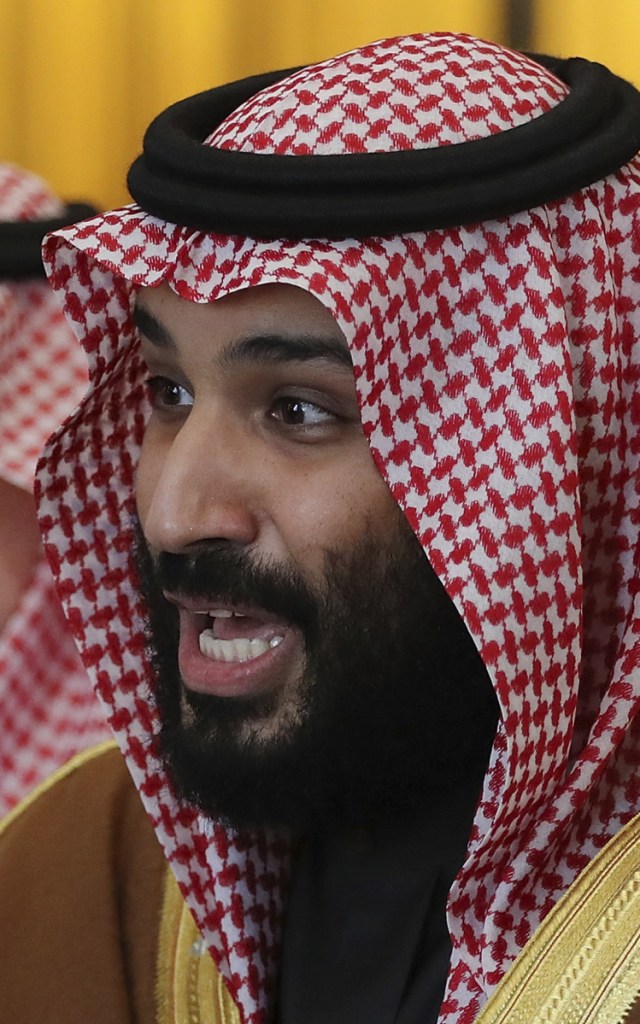Crown Prince Mohammed bin Salman, the heir to the Saudi Arabian throne, arrives in Washington Monday on a mission.
Mohammed, 32, is the new face of the kingdom, a combination of retail political skills, ruthless autocracy and a youthful drive toward modernity tempered with the religious piety no Saudi leader could survive without.
Less than a year into his reign, he has moved quickly to remove internal rivals and transform the conservative Saudi culture, diversify the country’s economy and consolidate its power and his own as the leader of the Arab world.
After meetings with the Trump administration, he will embark on a two-week, coast-to-coast tour of U.S. business and technology centers, hoping to woo new investment and convince Americans that he and his country are modern, worthy partners.
Some of those tasks are likely to be easier than others. President Trump, who visited the kingdom last spring, has been effusive in his praise of King Salman, lauding their shared efforts against terrorism and antipathy toward Iran as well as massive Saudi purchases of U.S. military equipment.
Although Defense Secretary Jim Mattis and outgoing Secretary of State Rex Tillerson made multiple visits to Saudi Arabia last year, and Trump has spoken regularly by phone with Salman and his son, Mohammed is said to have particularly close relations with Jared Kushner, Trump’s son-in-law and a White House adviser.
But U.S.-Saudi ties are not without strains. Among other things, the administration would like to see an end to an ongoing boycott by Saudi Arabia, the United Arab Emirates and others of neighboring Qatar, whose Al Udeid Air Base is the operations hub for the U.S. campaign against the Islamic State and hosts the regional headquarters of the U.S. Central Command.
The aging King Salman, who rarely travels outside the kingdom on official business, visited China and Russia last year, signing economic, security and nuclear energy deals, including a Saudi letter of intent to purchase a Russian antimissile defense system. China and Russia are contending for contracts to build planned new Saudi nuclear power plants.
U.S. companies would like a major piece of that business, along with placement on the New York Stock Exchange of a planned $100 billion initial public offering by Aramco, the Saudi oil giant.
Both efforts are problematic for the United States, however, in ways that don’t concern Russia and China. Saudi Arabia would like nuclear enrichment capability as part of the power deal – something that U.S. civil-nuclear arrangements generally prohibit. Mohammed said in a “60 Minutes” interview broadcast on the eve of his arrival that his country will build a nuclear weapon if Iran does.
At the same time, some believe that Aramco’s entry on the New York exchange could leave the company liable for legal claims by victims’ families and survivors of the Sept. 11, 2001, terrorist attacks, who allege Saudi complicity. Many of the U.S. business and high-tech investors Mohammed hopes to entice to the kingdom are concerned that his rush to power poses risks to foreign investment there.
At home, Mohammed has generated excitement, particularly among the under-30s who make up nearly two-thirds of the population, by easing some restrictions on culture and entertainment and reining in the authority of the so-called “religious police” who enforced the kingdom’s ultraconservative norms.
Concerts have been held, and movie theaters are set to open later this month.
Send questions/comments to the editors.



Comments are no longer available on this story